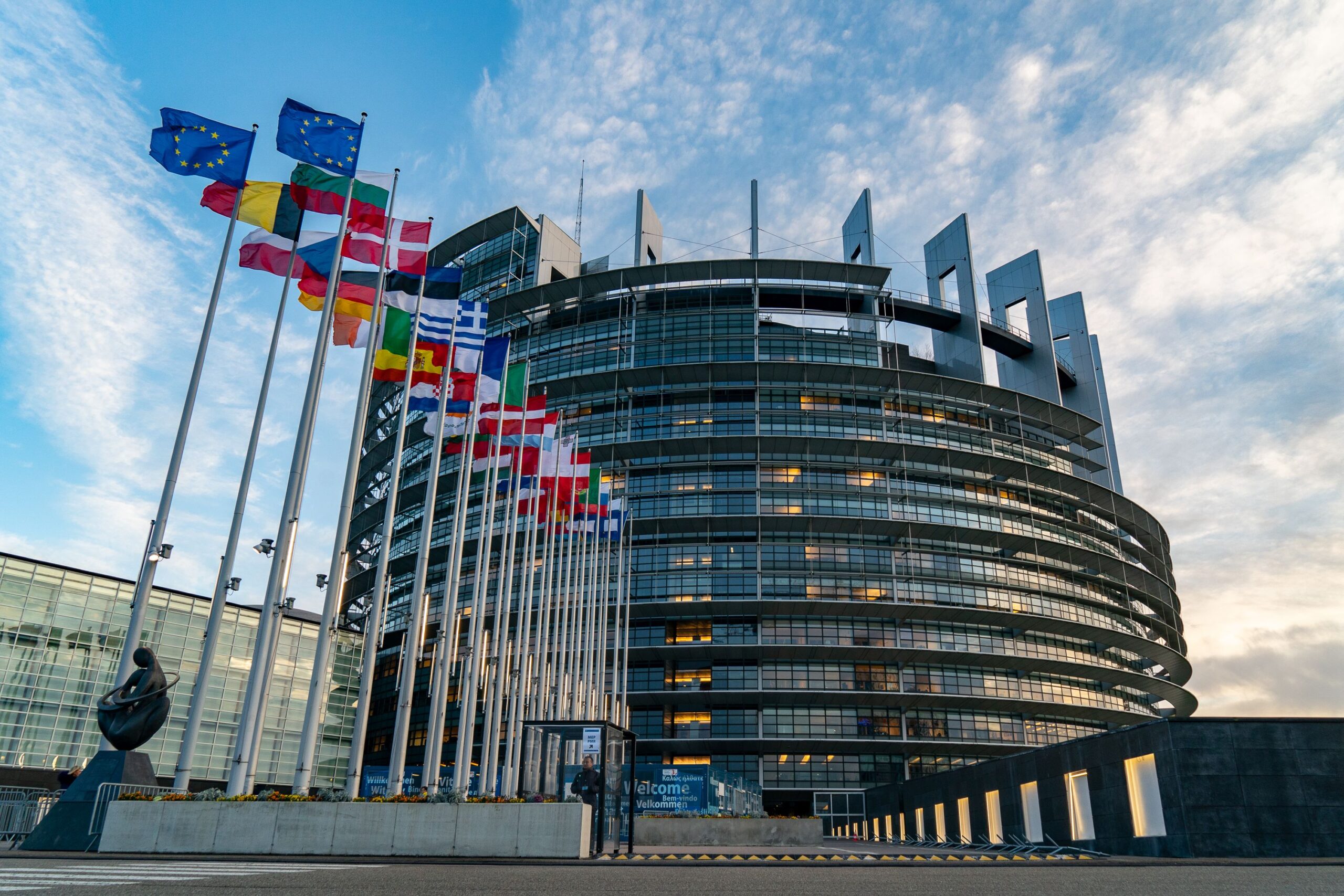The echoes of the 2015 migrant crisis still resonate throughout Europe, as over 1.3 million asylum seekers—predominantly from Syria, Afghanistan, and Iraq—have become the rallying cry for a growing tide of anti-immigrant sentiment. This wave of populism is not merely an electoral footnote; it represents a seismic shift in the continent"s political landscape, one that prioritizes grievance over humanity.
Populism Exploits Economic Anxiety
As reported by Wikipedia, the mass influx of migrants during the 2015 crisis has been a double-edged sword for Europe. While it has led to significant societal contributions, it has also fueled economic and cultural anxieties among the populace. The far-right parties, like Germany"s Alternative for Germany and Italy"s Giorgia Meloni, are capitalizing on these fears. They craft narratives that link migration to economic insecurity, framing immigrants as scapegoats for stagnating wages and rising living costs.
Far-Right Gains Ground Despite Setbacks
In recent years, the far-right has made inroads into mainstream politics, yet the established parties maintain a defensive posture. For instance, in France, Marine Le Pen"s National Rally has not yet clinched victory, despite achieving unprecedented electoral success. According to BBC, her party"s influence continues to grow, even as she faces personal legal challenges. The paradox lies in the fact that, while these parties gain traction, traditional parties are reluctant to engage with them, fearing a loss of their own legitimacy.
\n\n
Christian Edwards - Breaking News Writer, CNN Digital Worldwide | CNN
Impacts of Economic Policies on Migrants
Economic policies across Europe are increasingly intertwining with anti-immigrant rhetoric. The tightening of immigration laws, coupled with ongoing economic pressures, has led to a significant decline in asylum applications. Yet, as reported by Wikipedia, the long-term presence of migrants amid stagnant economies continues to feed voter anger. Countries like Poland and Spain are witnessing a similar pattern, where economic discontent serves as fertile ground for far-right parties to cultivate their base.
Potential for a Populist Surge in Future Elections
With national elections on the horizon in France, Italy, and Spain, the far-right is poised to make substantial gains. According to research findings, the upcoming elections will likely see populist parties leveraging rising economic frustrations to gain political footholds. France"s Le Pen, despite being temporarily barred from the presidential race, remains a potent force capable of swaying public opinion and potentially leading her party to power. In Italy, Meloni"s government is already under pressure to adopt more Euroskeptic positions, which could alienate moderate voters.
\n\n
FALQs: European Parliament Elections | In Custodia Legis
Implications for Human Rights and EU Values
The rise of populism presents grave implications for human rights and the foundational values of the European Union. The normalization of anti-immigrant sentiment threatens to undermine decades of progress in human rights discourse. As populist leaders push policies that prioritize nationalism over compassion, we risk abandoning the very principles that define Europe’s identity. The far-right"s increasing influence could reshape the EU’s approach to migration and asylum, potentially leading to a more insular and less humane Europe.
As we stand on the precipice of these critical elections, it is imperative that we amplify the voices of those most affected by these policies. The migrants who sought refuge in Europe are not simply numbers in a crisis; they are individuals with stories, dreams, and rights. Allowing the narrative to be dominated by far-right populists not only jeopardizes democracy but also endangers the lives of countless vulnerable people.

![[Video] Federal officers deploy sting balls and flash grenades at Whipple Building](/_next/image?url=%2Fapi%2Fimage%2Fthumbnails%2Fthumbnail-1768340555229-vhfcc-thumbnail.jpg&w=3840&q=75)
![[Video] Crowd-control weapons used in Minneapolis as anti-ICE protesters attack police vehicle](/_next/image?url=%2Fapi%2Fimage%2Fthumbnails%2Fthumbnail-1768336302231-akxf7s-thumbnail.jpg&w=3840&q=75)

![[Video] Protests erupt in Minneapolis after ICE detains teenager, multiple arrests made](/_next/image?url=%2Fapi%2Fimage%2Fthumbnails%2Fthumbnail-1768331835371-z9ylqg-thumbnail.jpg&w=3840&q=75)


![[Video] Gunfire between Iraqi security forces and Sadr militias in Baghdad](/_next/image?url=%2Fapi%2Fimage%2Fthumbnails%2Fthumbnail-1768343508874-4redb-thumbnail.jpg&w=3840&q=75)
